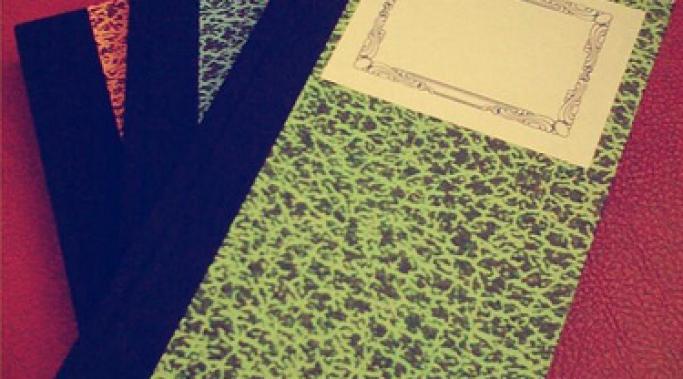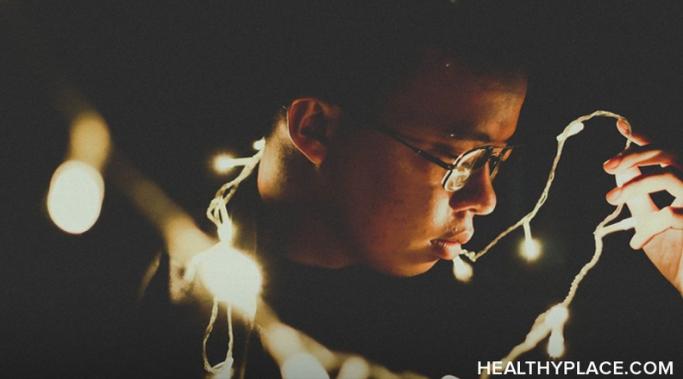Blogs
The first couple of years after my Dissociative Identity Disorder diagnosis are heavily documented in my diaries. The entries tell a disturbing and, I now know, common tale. I wish I'd known that what I was experiencing, as unhinged as it made me feel, was normal for people newly diagnosed with DID. With that in mind, I've decided that rather than just tell you what the aftermath of that diagnosis was like for me, I'll open up my diaries and show you.
The holiday season is fraught with stress, depression, and money problems for so many people that I'd imagine dreading this time of year is more the rule than the exception. It's no wonder then, that staying sober during the holidays is difficult at best. Managing alcohol addiction is no easy task regardless of the date on the calendar. But holiday sobriety presents its own unique challenges.
Nobody can tell me precisely when I got ill, nor why. This seems odd.
Shouldn't there be nice neat 'Before' and 'After' shots to go with this anxiety/depression thing? What I wouldn't give for something - for a point, a moment that tipped the balance.
Thing is, we don't know enough. The best available treatment is all too often necessary, but not sufficient. Yes, it works. For some. But not for nearly enough of us: 1 in 4.
High expectations? Absolutely! -It's my brain, not a jar of Playdoh sponsored by Pfizer.
As with any blended family, adding children adds potential for conflict. Babies and toddlers are needy and demanding---so is Bob, my son with a psychiatric illness. Finding balance in managing the needs of all family members can be problematic.
I have been through very long, dark nights of the psyche. I have been in pain I didn’t think I could survive. I’ve been in pain I almost didn’t survive. I have done things I never wanted to do. I have done things I never thought I would do. I have been to places most people wouldn’t even come up with in their nightmares.
And when I’m not there, I’m grateful. No matter how much I might think things suck, I’m not sitting in that particular pile of blood and muck. No matter how I feel today I can honestly say it can get worse. Every time I think I’ve hit bottom I’ve found there is actually more bottom beyond that. It is unfortunate but true, there is no maximum to pain.
And any time I even think about changing meds I’m worried I will go there again.
Although the holidays are here and it’s meant to be a joyous time with family and friends, not everyone is happy this time of year. In fact, many people dread the holidays as all the parties, people, cooking and cleaning, and shopping increase our holiday stress levels and mess with our regular schedules. So if you are one of those people that would rather hibernate during the holidays and skip out on the festivities, here are a few pointers that might help you actually enjoy some eggnog in the company of family and friends.
A mother I know has a baby girl who was just diagnosed with a brain tumor. Sometimes it takes something horrible to make us realize how lucky we are and how we often take things for granted. Check out my video on being thankful for the good things in our life, and keeping our priorities and problems in perspective.
As you know, my son Bob has bipolar disorder and ADHD. A few days ago, he had his first play date--at least, the first he can remember. How did it go? Take a look at this video.
Back when I was living with my best friend in college, I just couldn't manage a lot of basic life activities. And you know it was the little stuff - doing the dishes, getting up off the couch more than once a day. Yeah, even I thought it was weird. Having such trouble with things as easy as taking care of myself, my home, my needs.
We can enjoy holidays--and life--when we remember that things often do not go according to plan. Understanding and accepting this fact does not mean we have to like it--even if it is incredibly liberating to know that it's okay if we don't know the words to O Christmas Tree.








